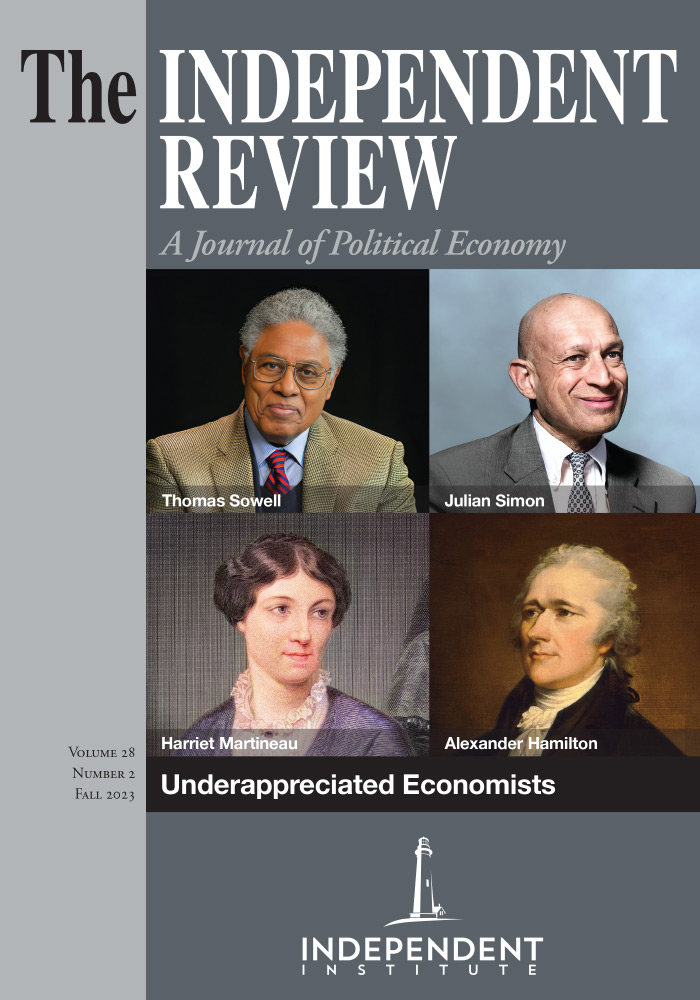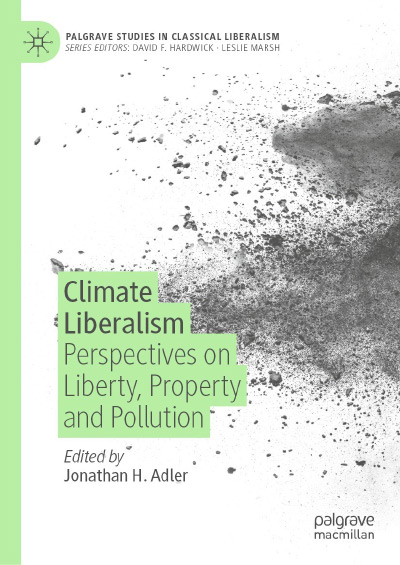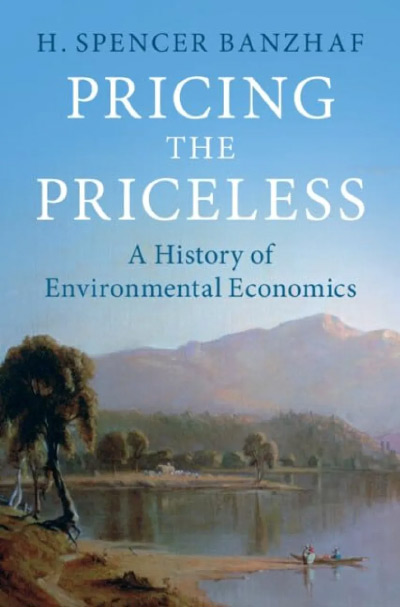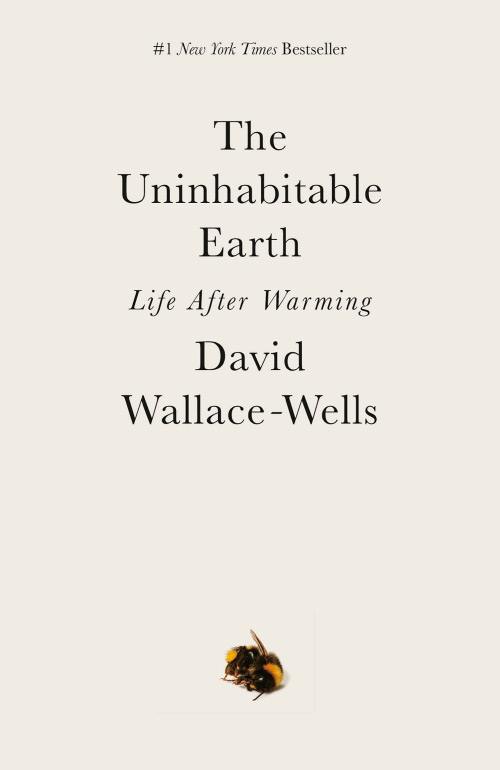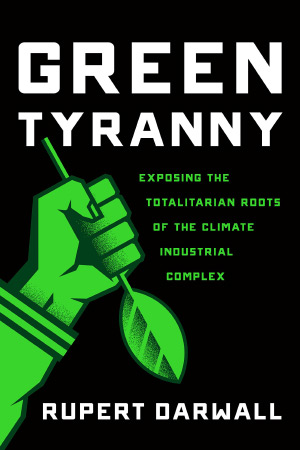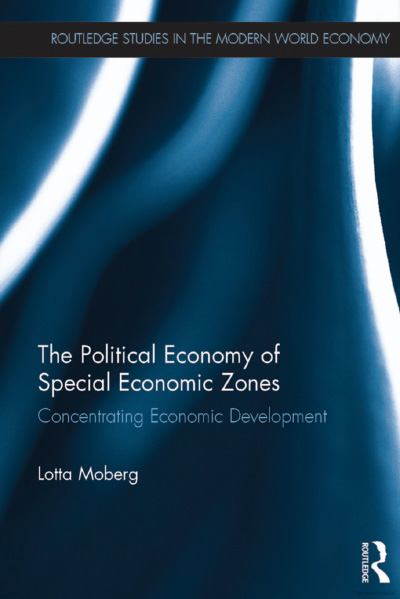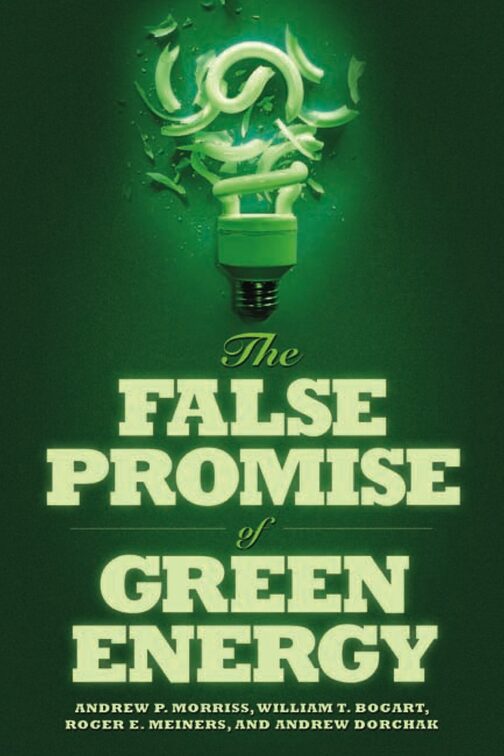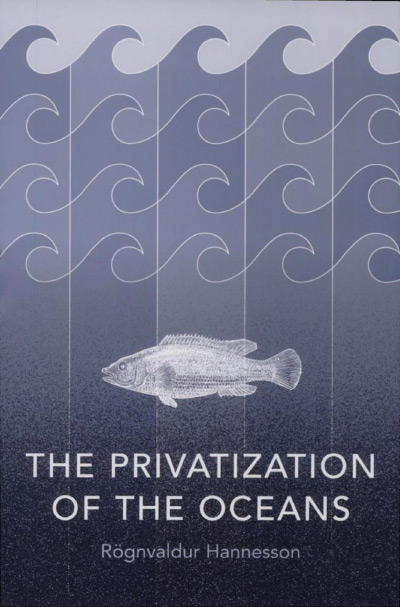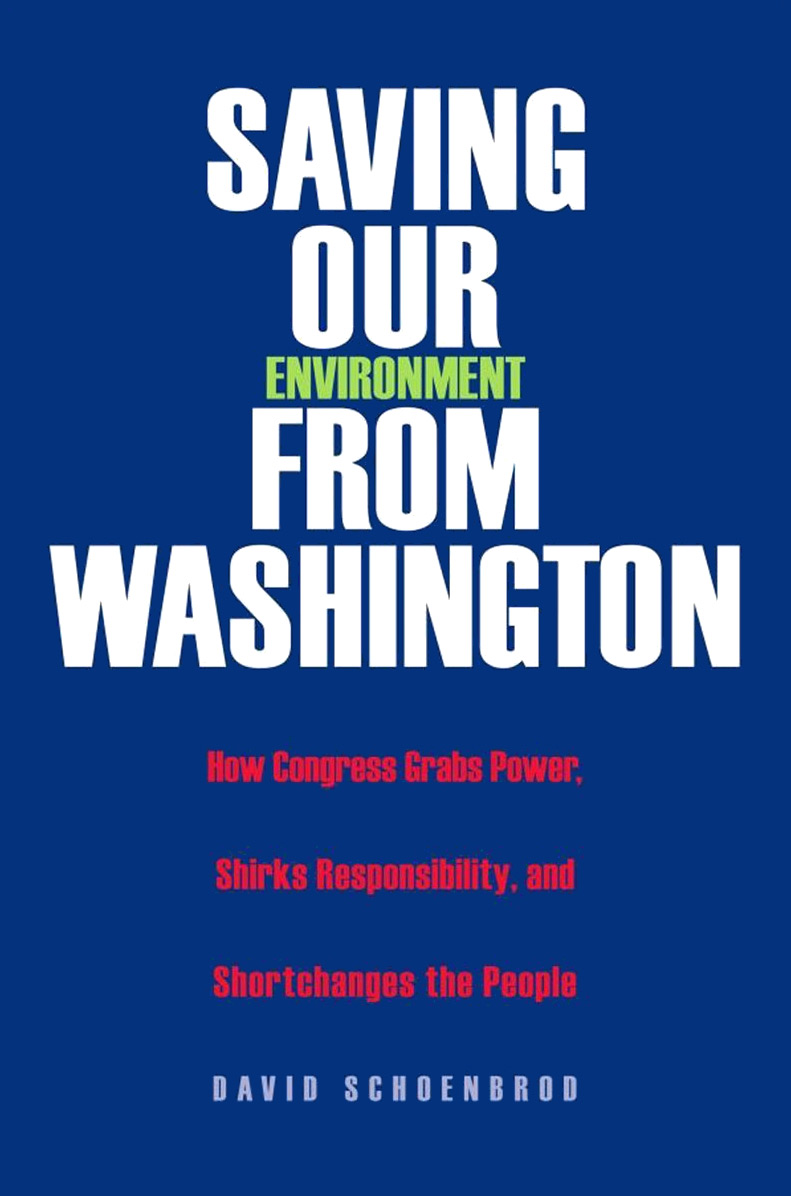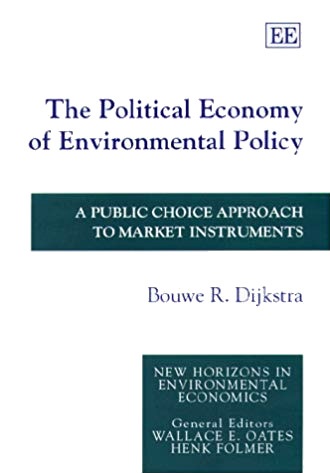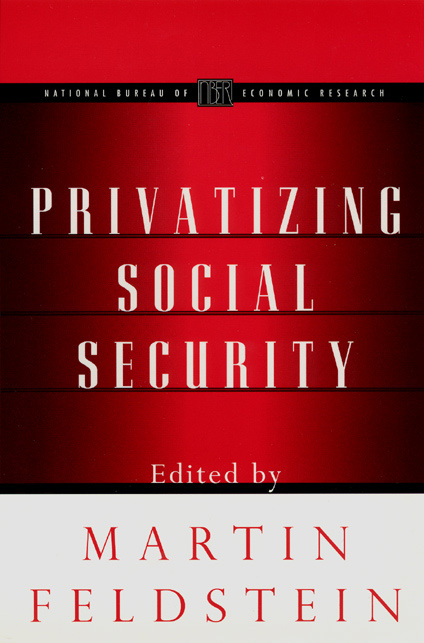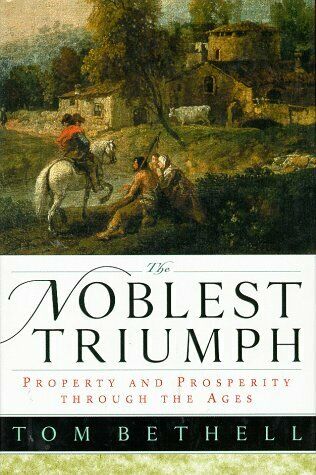Markets don’t handle externalities well, because they are not owned, and therefore cannot be accurately priced. The “tragedy of the commons” ensues, as valuable resources are wasted because there is no means of capturing the value foregone.
It is possible to take a “strict liability” view, where anyone affected by the consequences of a transaction could enjoin the exchange or claim damages. But such a policy would create an “anti-commons,” where the permission of all parties affected, even in the most trivial way, is required to do anything. Such a policy would give standing to all the gripes and crochets of modern society. We actually have seen this play out in real terms in attempts at new development in cities such as San Francisco, where hold-up is simply the norm.
But what solution might work, something between unpriced externalities and unrealized gains from cooperation? And can those solutions comport with the intuitions and goals of classical liberalism?
That is the question posed in this volume, edited by Jonathan Adler of Case Western Law School. As he notes in the Introduction, pollution externalities and climate change “confound” the classical liberal intellectual tradition, because in that paradigm all solutions start with the need for well-defined, exclusive private property rights. It is against the perception that all classical liberal solutions also end with private property rights that this book is targeted, at least in part.
The traditional “market failure” view of pollution, and climate externalities generally, infers a prima facie case for state action from the inability of prices alone to handle the problem. More simply, if markets can’t do it, the state should. But more than half a century of Public Choice scholarship (summarized in William Keech and Michael Munger, 2015, “The Anatomy of Government Failure,” Public Choice, 164(1): 1–42) has shown that such a plea for summary judgment must fail, because there has to be some reason to believe that the state will do better.
The problem that markets face is that there is no accurate price information to value the opportunity cost of the common pool resource. But then how will the state fill in that missing information? If your answer is voting—the “discovery process of politics,” analogous to prices in markets—then it seems unlikely voters will have enough information to solve the problem that those same people could not solve as consumers. Of course, the usual answer from team State is that “experts” will make the choices for us because experts have more information. All that is necessary is for experts to choose optimal levels of pollution, or optimal levels of taxes on emissions, and the problem is solved.
Except that (1) experts disagree and, since there are no prices, the “optimal” levels are subjective enough to be contingent on ideology and perception. And (2) since experts are to be endowed with powers put beyond the reach of politics, the authority to name experts will become a seductive rent, control of which will attract highly destructive and wasteful political contests where no one would expect the “correct” viewpoint to win out.
| Other Independent Review articles by Michael C. Munger | ||
| Summer 2024 | Secret Government: The Pathologies of Publicity | |
| Spring 2024 | Following Their Leaders: Political Preferences and Public Policy | |
| Spring 2024 | The Origins and Evolution of Consumer Capitalism; Crack-Up Capitalism | |
| [View All (80)] | ||

